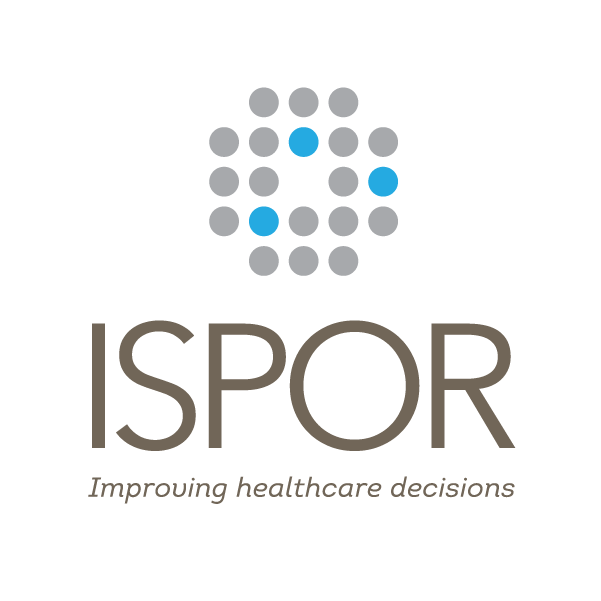Newswise — Washington, DC—May 24, 2016—The International Society for Pharmacoeconomics and Outcomes Research (ISPOR) second plenary session on Making Medical Decisions in an Irrational World was held this morning at the Society’s 21st Annual International Meeting in Washington, DC, USA.
The Medical Decisions plenary explored how behavioral economics is increasingly being used in addition to mainstream, neoclassical economics to guide health care decision making. Neoclassical economic theory is based on the assumption that individuals make rational choices when faced with uncertainty. Frameworks based on neoclassical approaches (such as decision- and cost-effectiveness analyses) are often used to guide health care resource allocation options.
The plenary was moderated by Bradley C. Martin, PharmD, RPh, PhD, Professor and Head, Division of Pharmaceutical Evaluation and Policy, University of Arkansas for Medical Sciences College of Pharmacy, Little Rock, AR, USA. Martin opened the session noting that while behavioral economics is not extensively employed in health care today, we can use behavioral approaches to design interventions that result in better health outcomes.
Douglas E. Hough, PhD, Associate Scientist, Department of Health Policy and Management, Bloomberg School of Public Health, Johns Hopkins University, Baltimore, MD, USA spoke about the irrationality in health care decisions. He contrasted mainstream economics that assumes all participants are rational to behavioral economics that acknowledges participants are not always rational. Hough outlined key concepts of behavioral economics, including - Loss aversion (where people dislike the “loss” of something they currently have nearly twice as much as they like to win something new)- Framing (where you provide the same information, but with a different focus [e.g., present the number of patients who die vs those who live post-treatment])- The power of defaults (where effective consent proactively opts-in individuals and forces them to opt-out)- Hyperbolic discounting (where people make choices that strongly favor the present over the future)
Hough concluded by noting that when people don’t have strong preferences, health care decisions can be swayed by the use of framing and defaults. He also noted that behavioral economics does not provide a “magic bullet,” but that a melding of mainstream economics with behavioral economics may help guide health care decisions and improve health outcomes.
Kevin Volpp, MD, PhD, Director, Center for Health Incentives and Behavioral Economics, Leonard Davis Institute Vice Chair, Health Policy, Department of Medical Ethics and Health Policy Professor, Medicine and Health Care Management, University of Pennsylvania, Philadelphia, PA, USA provided an overview of several studies that have examined whether behavioral economics actually improves health choices. He noted that individual behavior is a key driver of poor health and high health care costs. Volpp stated that while people may be irrational, they are irrational in predictable ways. And that by taking advantage of these typical decision errors we can guide people to better healthier behaviors. Volpp noted that 80% of large employers are currently using incentives to influence health behavior, and noted that this is where a behavioral economist can have a significant impact.
David Meltzer, MD, PhD, Fannie L. Pritzker Professor of Medicine, Economics, and Public Policy, Chief of the Section of Hospital Medicine, Director of the Center for Health and the Social Sciences, and Chair of the Committee on Clinical and Translational Science, University of Chicago, Chicago, IL, USA spoke about how behavioral economics integrates psychology into the discipline. He noted that it doesn’t really matter if people behave rationally. Instead, it matters more that we can predict those decisions. Meltzer sees economics as a vibrant field that can be used to address human problems to transform lives and societies, and believes that the field can provide insights into complex human concerns. In his concluding remarks, Meltzer pointed to research that shows that “discontinuity” in the provider relationship is quite harmful to health outcomes. As a result, he stressed the importance and value of the doctor/patient relationship on health outcomes and overall health quality.
Presentations from the ISPOR 21st Annual International meeting can be found here. Interested parties can follow news and developments from the meeting on social media using the hashtag #ISPORDC.
###
ABOUT ISPORThe International Society for Pharmacoeconomics and Outcomes Research (ISPOR) is a nonprofit, international, educational and scientific organization that promotes health economics and outcomes research excellence to improve decision making for health globally. Web: www.ISPOR.org | LinkedIn: www.bit.ly/ISPOR-IN | Twitter: www.bit.ly/ISPOR-T (@ISPORorg) | YouTube: www.bit.ly/ISPOR-YT |Facebook: www.bit.ly/ISPOR-FB
